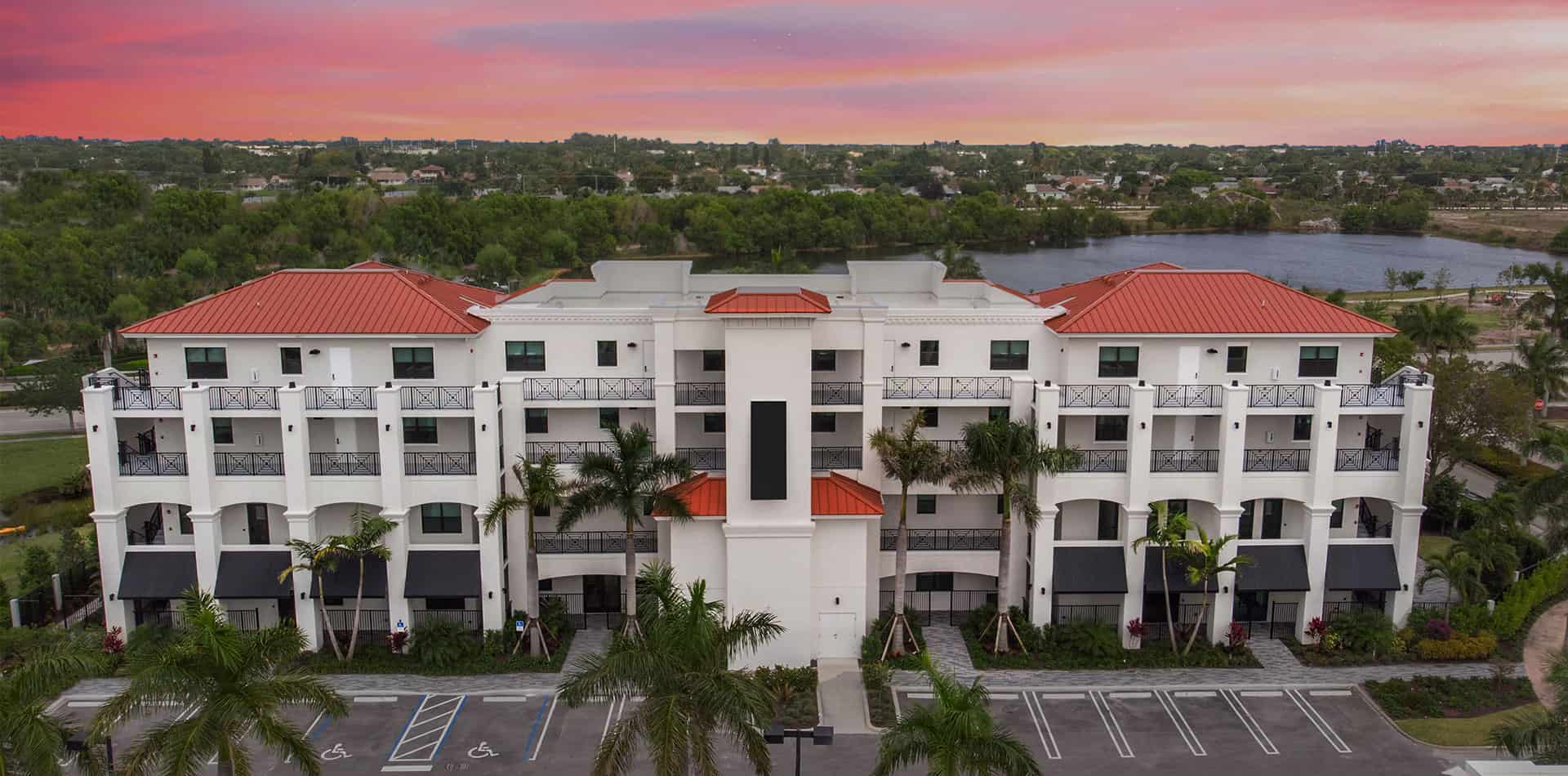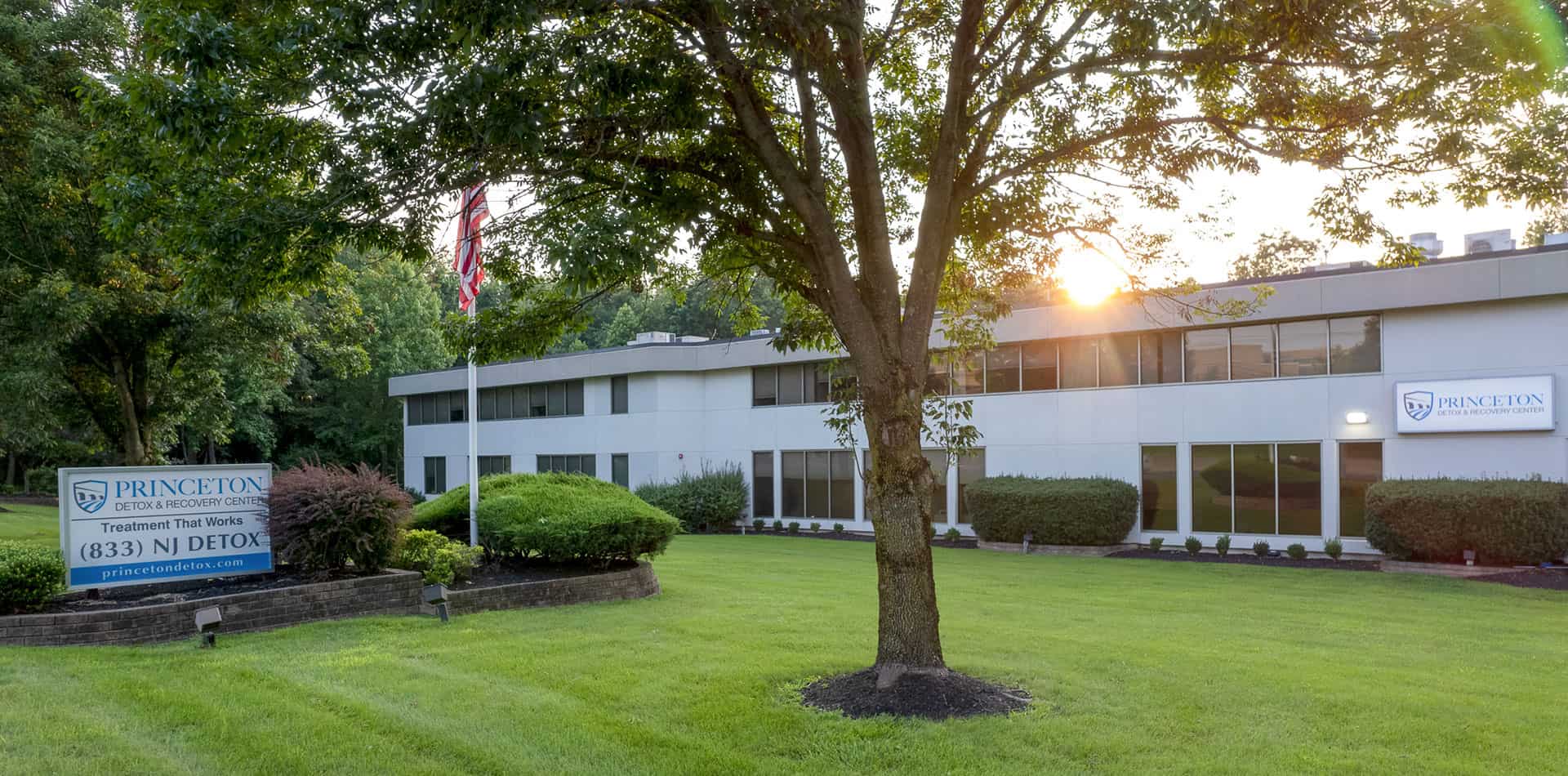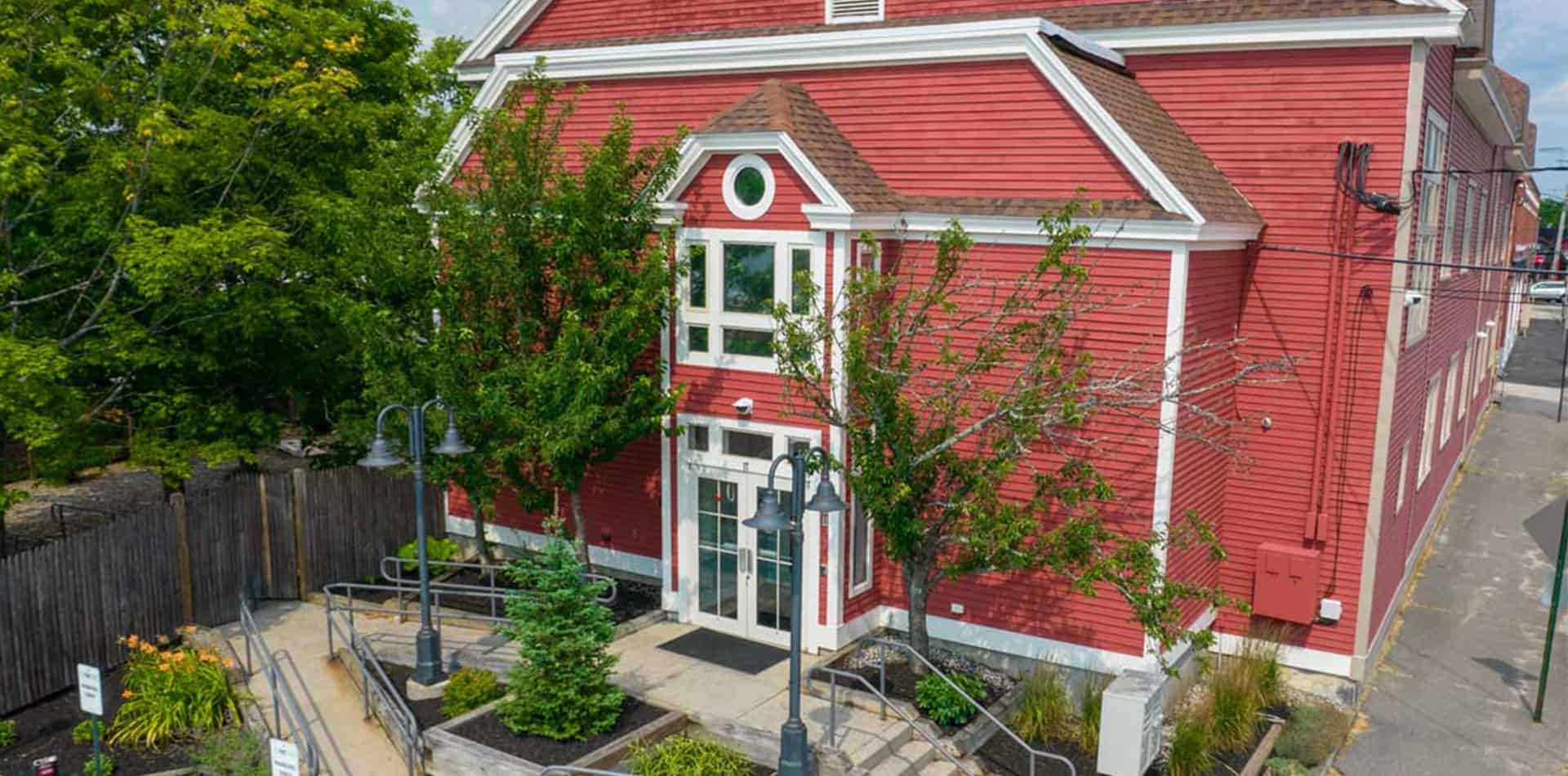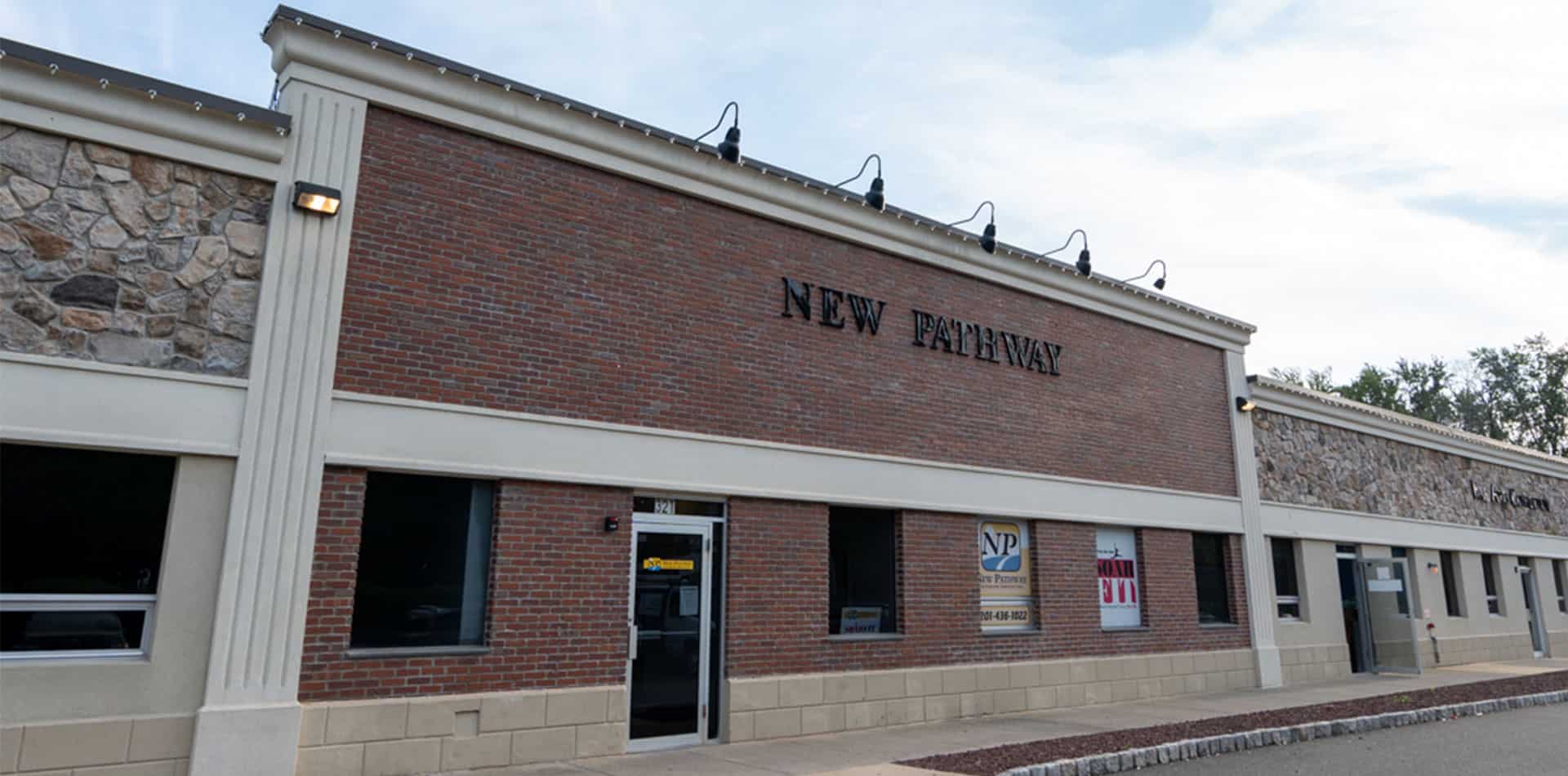Intensive Outpatient
We Specialize In Addiction Treatment
"*" indicates required fields
By selecting this checkbox and entering mobile number I agree to receive GR Support from Guardian Recovery Network Holdings LLC. Message frequency varies. Text HELP to 96909 for help, Text STOP to 96909 to end. Msg&Data Rates May Apply. By opting in, I authorize Guardian Recovery Network Holdings LLC. to deliver SMS messages using an automatic dialing system and I understand that I am not required to opt in as a condition of purchasing any property, goods, or services. By leaving this box unchecked you will not be opted in for SMS messages at this time. Click to read Terms and Conditions & Privacy Policy.
Addiction Treatment Intensive Outpatient Program (IOP)
Addiction recovery is a journey of many steps. Though no two people’s journeys are the same, many include an Intensive Outpatient Program (IOP) either on its own or as a transitional step between inpatient treatment and reintegration into society.
At Guardian Recovery, we offer IOP as part of our comprehensive, holistic approach to addiction treatment. If you or someone you love has been struggling with a substance use disorder and mental health concern, Guardian Recovery is available to help. We offer IOP as part of our comprehensive clinical curriculum, allowing you to continue healing and building your coping skills while easing your way back into the wider world. Contact us today to learn more.
What Is an Intensive Outpatient Substance Use Treatment Program?
Intensive outpatient treatment is a level of care that allows you to go to work, attend school, engage in your day-to-day life and live at home or at sober living while simultaneously participating in a treatment program.
Clients often attend IOP following a higher level of care, such as medical detox, residential inpatient treatment or partial hospitalization treatment. IOP can, however, be a standalone treatment option in some cases.
IOP is geared toward learning how to re-integrate into the world-at-large as a newly sober individual. Guardian Recovery’s IOP programs tackle the root causes and consequences of addiction on multiple levels — emotional, mental, social, physical and spiritual.
An academic study published by the U.S. National Library of Medicine National Institutes of Health concluded that “IOPs are an important part of the continuum of care for alcohol and drug use disorders” and that IOPs can be “as effective as inpatient treatment for most individuals seeking care.”
During intensive outpatient, you will be fully supported by a therapist, 12-Step mentor, recovery community and treatment peers. Participating in addiction IOP will help you deal with potential challenges sober and in community with your peers, helping you develop self-confidence, self-esteem, and personal integrity.
Intensive outpatient programs also give the brain time to heal from addiction. Addiction chemically alters the neural networks of the brain. These pathways typically take a minimum of 90 days to re-wire. According to the National Institute on Drug Abuse (NIDA), any treatment program shorter than 90 days can be considered ineffective. IOP programs give individuals the support they need as their brain may still be compelling them to drink or use drugs.
Get Local Help
Questions?
Learn More About the Recovery Process
- The Guardian Path
- Recovery Tips
- Frequently Asked Questions
- Insurance Check
- Ask a Question
How Are IOP Rehab Programs Different from Residential Treatment?
Residential addiction treatment takes place in a comfortable, but structured, setting designed to feel like home.
There are many benefits to residential care, including:
- Relief from the stressors of everyday life, distractions, and addiction triggers allowing you to focus solely on recovery.
- Around-the-clock clinical care, which is especially helpful during detox.
- Medical and clinical personnel are always available to oversee your recovery and ensure your health is improving.
- Nutritious, balanced meals that can enhance your recovery are provided.
- Ongoing access to case managers and other support personnel.
While in an IOP, you live more independently, retain more responsibility for day-to-day needs, and have less access to clinical and support staff.
Intensive Outpatient Programs (IOP) vs. PHP for Rehab
Partial Hospitalization is a level of clinical care that typically follows residential inpatient treatment, and precedes intensive outpatient treatment (IOP). During PHP you usually take part in a full schedule of activities approximately 5 or 6 days a week. These could include individual, group and family therapy, educational workshops, recreational activities, meditation, and other recovery programming. While in PHP, you will live at a sober living or private home and come to the PHP facility during the day.
There are countless benefits of partial hospitalization. When undergoing addiction treatment it is important to avoid rushing through the process. You might be eager to get back to your day-to-day life, but abrupt re-entry can easily lead to relapse.
Partial hospitalization is an ideal option for a person who has recently completed inpatient treatment but does not necessarily feel comfortable transitioning back into fully independent living. By participating in PHP and residing in sober living you will have as much support as you need, and return home to a structured living environment every evening where you can implement what you have learned in a real-life environment.
Partial hospitalization also provides:
- Peer support.
- Continuation of intensive therapy.
- Access to psychiatric services.
- Intermediary amount of personal freedom.
- Slow transition to independent living.
- Opportunity to process experiences in a therapeutic setting.
- Continued relapse prevention training.
- Emphasis on developing life skills.
How Can an IOP for Substance Use Treatment Help Someone With Addiction?
Early recovery is a risky time when you are just learning how to apply recovery tools and emotional coping mechanisms in your day-to-day life. In early recovery, you may often face temptation, difficult relationships, triggering situations, life responsibilities and the struggle of cleaning up your destructive pasts. You are likely to encounter co-workers with difficult personalities, have confrontations with family members, be in settings that glamorize drinking and experience periods of boredom and idle time. IOP help you get through these challenging times sober.
Benefits of Intensive Outpatient Programs (IOP)
There are many benefits to IOP, though the specific benefits vary on a person-to-person basis.
More personal freedom and flexibility – If you have a career that you cannot step away from for months at a time, IOP is likely an ideal treatment option. This level of care allows much more flexibility than inpatient treatment, as you are able to return home once daily treatment concludes.
Maintaining the ability to support a family/dependents – If you are the primary caretaker of dependents or the sole source of income for a family, the flexibility of IOP allows you to continue offering support while receiving treatment.
A lower treatment cost – Because inpatient treatment includes room and board, covering the cost of an IOP program is generally much more manageable if you are uninsured and are unable to pay out-of-pocket. At Guardian Recovery we work closely with most major regional and national health insurance providers in order to make every level of clinical care we provide as accessible as possible.
Helping further develop a network of sober supports – IOP if you do not have ample support at home and are in need of building your recovery network. IOP provides a built-in support system. Clients can offer one another peer support and encouragement as they learn to communicate in healthy and effective ways and develop meaningful friendships with members of the same sex. All of the IOP programs we provide are gender and age-specific in order to make the entire treatment process as focused as possible.
Medication Assisted Treatment Options – Depending on location, our IOP program may offer medication assisted treatment options, such as Suboxone Maintenance, Antabuse and Vivitrol. These medications can greatly decrease the risk of relapse, reduce cravings, and prevent relapse.
Meals – Some of our IOP locations, offer complimentary meals or snacks.
Transportation – Some of our IOP locations can arrange transportation to and from the IOP facility.
Beautiful Facilities – Our IOP facilities are all newly-remodeled with comfortable lounge spaces, cozy group rooms, modern dining spaces, and smoking patios.
Alumni Group – We have very active IOP alumni groups that meet regularly for recovery meetings and events. After clients graduate one of our IOP programs, they often return to support new graduates and stay connected to the Guardian community.
Start Healing Today!
Choose recovery and take control of your life, it’s the path to a brighter future filled with health, happiness, and fulfillment.
Who Are Addiction Treatment Intensive Outpatient Programs For?
Intensive outpatient programs primarily serve two populations — those who cannot commit to an inpatient program due to outside responsibilities and those who are transitioning from a higher level of care.
If you are considering rehab IOP, it is important that you have a safe and secure home environment, whether it be sober living or your residence. If the latter, household members should be close family members or friends who are committed to supporting you in your addiction recovery work. If you reside with someone who uses drugs or alcohol, you may be advised to enter residential treatment so that your environment remains safe.
What to Expect During a Substance Use IOP Program
In a Guardian Recovery IOP, you can expect to receive ongoing support and continued training so that you can successfully reintegrate into the world as a newly sober person. Many of the services that were available to you at our inpatient program will continue to be accessible in IOP.
Treatment & Addiction Therapies
Our IOP programs are typically organized into primary modules built around themes. Combined, these modules create an evidence-based, comprehensive treatment program.
Our IOP treatment modules include:
Intensive Therapy
This module focuses on intensive therapy work. Clients participate in group, individual and family therapy.We often split participants into demographic-specific groups such as men’s, women’s or young adult groups (where available) in order to target specific issues and create environments conducive to vulnerability and healing.
Our professional therapists are highly experienced and trained in a variety of therapeutic methods. Depending upon where you participate in our program, offering will include cognitive behavioral therapy (CBT), dialectical behavior therapy (DBT), motivational interviewing, trauma therapy, relapse prevention and acceptance and commitment therapy (ACT). Combined, these therapeutic tools will help you build a wide range of coping mechanisms for dealing with the root causes and subsequent consequences of addiction. These skills help regulate emotions, decrease impulsivity, improve relationships, reduce stress, and heal old wounds.
12-Step Implementation in Daily Life Practice
The 12-Steps are one of the most well-known treatment methodologies for addiction recovery. The program has been extensively studied and has shown to be a highly effective method for producing long-term sobriety.
According to a comprehensive study conducted by a Stanford School of Medicine researcher and his collaborators, the 12-Steps are the “most effective path to abstinence” currently known.
The 12 Steps is a program of action intended to promote personal transformation. The goal of the 12-Steps is to help you change you ideas, attitudes, beliefs, and actions in order to become more selfless, loving, and sober.
Behind each step is a key principle for living. These principles include: honesty, hope, surrender, courage, integrity, willingness, humility, love, responsibility, discipline, awareness, and service. In some of our IOP programs, our clients have the opportunity to actively work the 12-Steps with a 12-Step mentor and learn to apply their principles to their daily lives.
During this module you will participate in 12-Step workshops, learn to create social connections and build a recovery community, discover the importance of being of service to others, and learn skills to prevent relapse.
12-Step Alternatives
Despite its effectiveness the 12-Steps does not work for everyone. For those clients we offer the opportunity to learn about and participate in other recovery communities such as Rational Recovery, Celebrate Recovery, LifeRing Secular Recovery and SMART Recovery.
Health & Wellness
Our health and wellness module focuses on the eight domains of wellness — occupational, emotional, spiritual, environmental, financial, physical, social, and intellectual wellness. The goal is to seek the highest level of wellness in all eight areas of your life. To help you succeed in each domain, we teach life skills, including nutrition counseling, career coaching, budget balancing, vocational training, and social skills.
Holistic Practices
We utilize holistic therapies including breathwork, yoga, reiki (energy healing), acupuncture, mindfulness and meditation to help you increase the mind-body connection, boost your self-awareness, build a spiritual connection, and promote inner serenity. These methods will help you reduce stress, decrease impulsivity, regulate your emotions and help you develop a stronger sense of self.
Mental Health Disorder Treatment
According to SAMHSA, over eight million adults in the US battled both a mental health and substance use disorder in 2020 alone.
Having both a mental health and substance use disorder is known as a dual diagnosis or co-occurring disorder. If you have co-occurring disorders, Guardian Recovery offers a holistic approach that addresses both aspects of your well-being. As part of our Intensive Therapy Module, we address co-occurring mental health disorders to give you the best chance at achieving long-term recovery.
Dual-diagnosis addiction treatment typically involves a combination of evidence-based therapies, medications, and support services tailored to your needs. It may include psychotherapy, such as cognitive-behavioral therapy (CBT) or dialectical behavior therapy (DBT), to address the underlying mental health issues and develop healthy coping strategies. Medications may also be prescribed to manage symptoms of mental health disorders and support the recovery process.
Individual therapy, group therapy, and support groups play a crucial role in dual diagnosis addiction treatment, providing a supportive environment where you can share experiences, receive encouragement, and learn from others facing similar challenges.
Complimentary Insurance Check
Find Out Today!
"*" indicates required fields
Does your insurance cover rehab?

Our Locations
Our Facilities & Teams Transform Lives
Changing lives by providing comprehensive support and rehabilitation, empowering individuals to overcome addiction and regain control of their health and well-being.
How Long Do Addiction Treatment Intensive Outpatient Programs Last?
Guardian Recovery’s IOP programs vary, but typically take place 3-5 days a week for 3-5 hours per session. Many of our locations offer several different time tracks to accommodate different schedules, including a morning track, afternoon track and evening track.Your stay in this stage of treatment is based on what is deemed clinically appropriate, but IOP typically lasts at least 60 days.Some of our IOP facilities offer demographic-specific groups, such as women’s groups, men’s groups and young adult groups (where available).
What to Look for When Choosing a IOP Program for Treatment
The most important factor when choosing a rehab IOP program is whether it meets your individual needs. If you are progressing from a higher level of care, and the facility offers IOP, transitioning to their program can offer continuity of care with people who already know you.
Other important considerations include:
- Is the program licensed and accredited?
- Do they perform comprehensive evaluations and assessments?
- Do they offer programming at times convenient to you?
- Do they provide a wide variety of therapies?
- Are family-focused services available?
- Is the access to aftercare and alumni groups?
- Do they offer traditional and holistic therapies?
- Do they provide mental health treatment for co-occurring disorders?
Early recovery can be challenging. Guardian Recovery is available to walk you through every step of the process. Most of our compassionate and experienced staff members have been where you are now. Their experience provides us with a unique, empathetic perspective and allows for a deep level of understanding. Your recovery journey begins the moment you contact us — we will immediately connect you with someone who can help. We understand that substance use disorder treatment is not a one-size-fits-all solution, and we are dedicated to helping you find the treatment option that makes the most sense for your unique clinical needs. Contact us today to begin your personal journey of recovery.
READY TO MAKE A CHANGE?
Your Next Steps
Find Hope Today
If you or someone you love has been struggling with substance abuse, it is important to seek treatment. Addiction is a progressive illness, meaning that over time, if left untreated, it only gets worse. If you think one of our IOP programs might be a good fit, or you’re not sure, please contact us today. Our Treatment Advisors are compassionate, knowledgeable professionals that can help you determine the best treatment options for you. They will help you craft a strategic plan for recovery. We offer free, no obligation insurance benefit checks and help arrange transportation to our facilities.
There is no better time to seek sobriety than now. Please contact us today today to press reset and get on the road to recovery.
Reviewed professionally for accuracy by:

Ryan Soave
L.M.H.C.
Ryan Soave brings deep experience as a Licensed Mental Health Counselor, certified trauma therapist, program developer, and research consultant for Huberman Lab at Stanford University Department of Neurobiology. Post-graduation from Wake Forest University, Ryan quickly discovered his acumen for the business world. After almost a decade of successful entrepreneurship and world traveling, he encountered a wave of personal and spiritual challenges; he felt a calling for something more. Ryan returned to school and completed his Master’s Degree in Mental Health Counseling. When he started working with those suffering from addiction and PTSD, he found his passion. He has never looked back.






